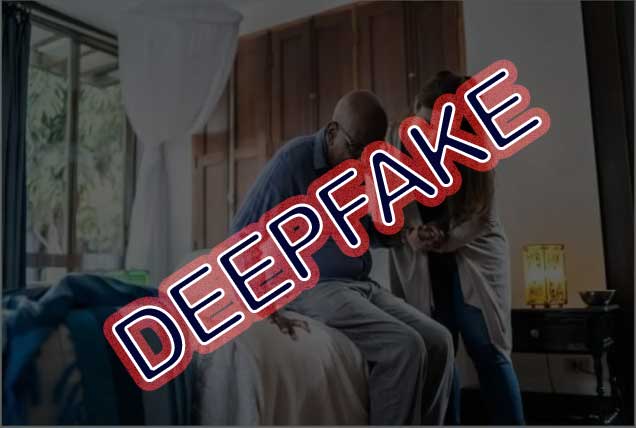Information disorder is increasingly making the job of journalists more important and demanding by the day.
More and more Artificial Intelligence applications and platforms spring up, giving people more power to create deepfake contents.
This situation could make the world head towards an era where contents that are not factual will dominate what people consume.

In fact, from findings, a minimum of 51.1% of contents shared online in 2023 were manipulated. This is huge.
As a result, there is a need for journalists to know how to tackle this situation. It requires offering people factual contents they can rely on and make genuine decisions.
Factchecking Skills
To help, the International Press Centre (IPC) is taking journalists in Nigeria on a journey that would shape the future of journalism and content consumption in Nigeria.
At a training for south-west journalists held in Akure, Ondo State, the IPC exposed journalists to tools that would help them create more credible contents.
From contents produced daily to special periods like elections, the IPC took journalist through different classes, empowering them with knowledge and necessary fact-checking skills. The organisation hopes this will end information disorder.
Mr. Lanre Arogundade is the Executive Director of the IPC. He says journalists have a social responsibility to ensure democracy works in Nigeria.
“They have a responsibility to ensure good governance, and democratic accountability.
“When elections are over, how do we ensure that those elected fulfil their campaign promises?
“It is important to be professional in the process of doing all these. We decided that this training should include training on factchecking so that we can have accuracy of information that citizens can rely upon to make informed choices,” he explained.
Furthermore, the Managing Director and Editor-in-Chief, Guardian Newspaper, Mr. Martins Oloja, emphasised the need for journalists to use the Freedom Of Information Act, to hold political leaders to account.
“We should increase the tempo at which we ask them to account. We need to question all data politicians give us to be sure that they are factual,” he said.
For the journalists, the training was an eye-opener. They say it offered them an opportunity to understand the need to push for facts even more than before.
“I have been exposed to different factchecking tools and these tools will further enhance my story and give it a good angle with verifiable claims,” a journalist with The Nation, Toba Adedeji, said.
More Accountable
Also, another journalist, Ebunoluwa Oguntimehin, says she has learnt a lot in a space of two days, with so much exposure to factchecking tools that will help her verify claims.
She believes this will help her offer her audience a more factual information and content.
Indeed, those who offer contents that disinform do so because video is the language of the internet.
With Artificial intelligence, videos are now increasingly being manipulated beyond human imagination.
Have You Read: How ‘No Gree For Anybody’ Is Breeding Violence
This is happening daily, and people are getting loads of misinformation. A lot of times they base their decisions on deepfake contents.
Most importantly, the future holds something strange, and those who can tell great stories, through manipulating videos made with artificial intelligence, are cashing in on it.
As a result, journalists are bracing up in order to consistently refocus the mind of people with factchecking of claims and contents.
Also, factchecking claims made by people in governance will make them more accountable to the people and reduce information disorder.
